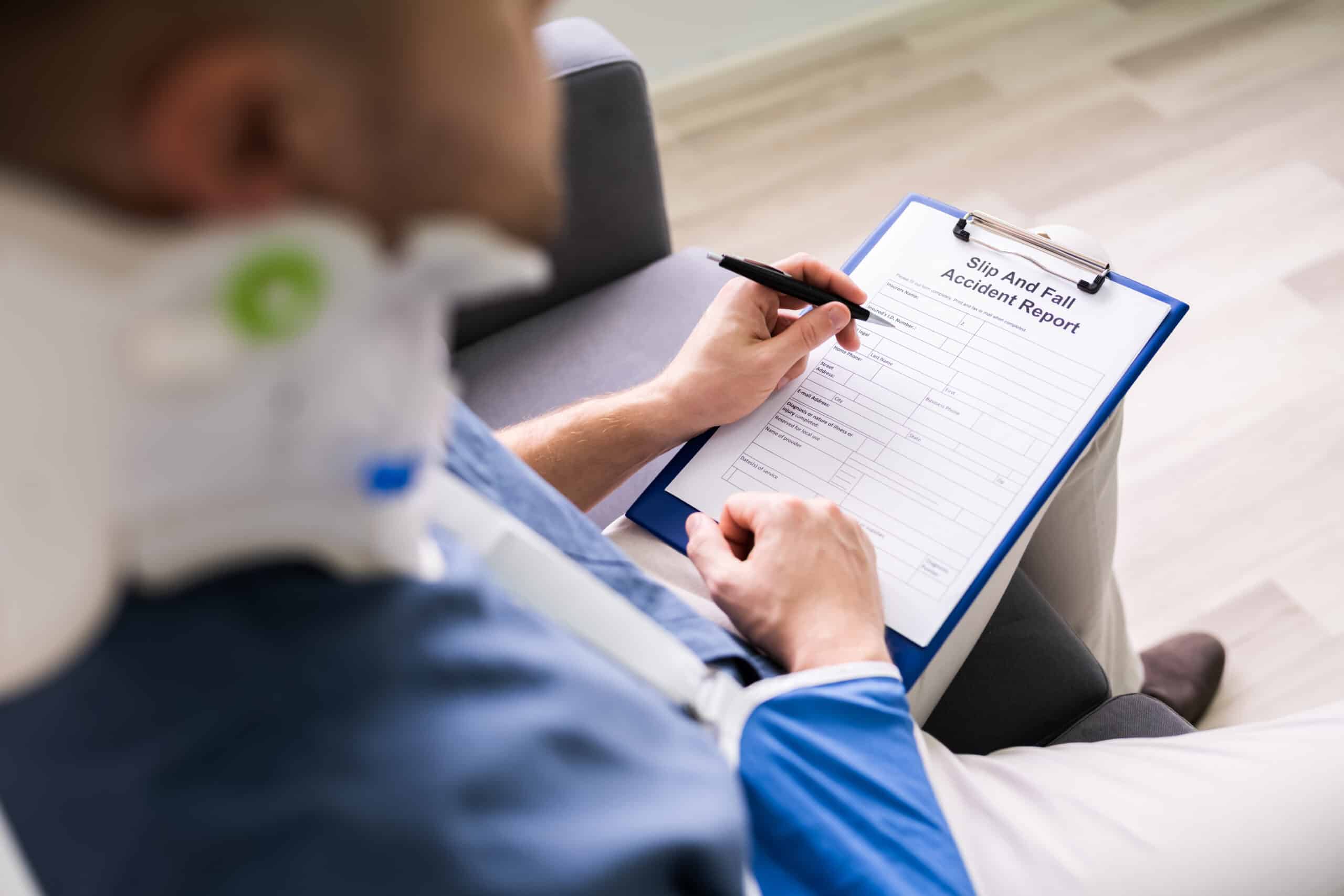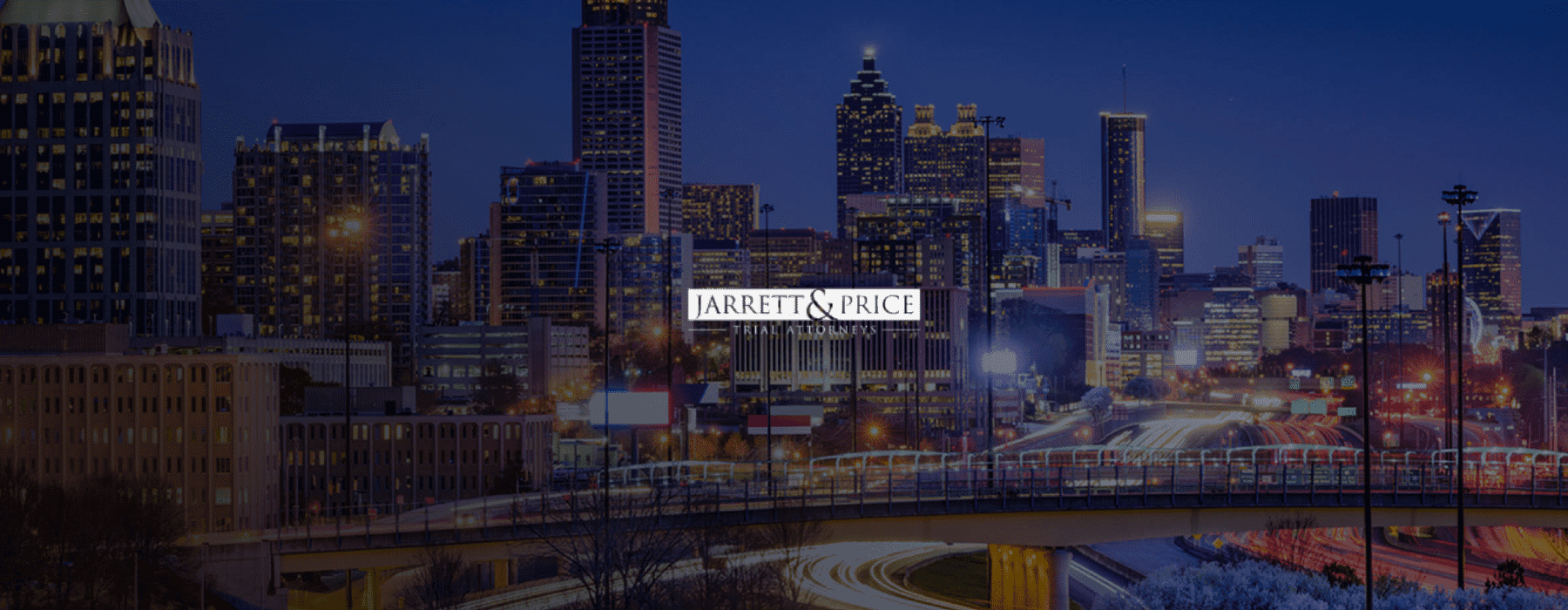What Is Premises Liability?
Premises liability is a legal concept that ensures someone can seek damages if they are injured because someone else failed to maintain a safe condition on their property.
For example, consider a scenario where you are in an office building. You need to take the stairs to another floor, but you don’t realize that there is a damaged step. The step has been left in disrepair and there isn’t signage indicating the danger. You end up falling and hurting yourself. This is a potential example of a premises liability case.
Like other personal injury cases, premises liability cases come with a burden of proof. Just because you fall or otherwise injure yourself on someone else’s property doesn’t mean you have a case or that they are liable for your damages. This post explains some basics of premises liability, including when someone else might be responsible for your injuries.

The best way to know if you have a case for compensation after being injured on someone else’s property is to talk to a personal injury attorney. Reach out to the team at Jarrett & Price to find out more.
Common Injuries That Can Become Premises Liability Cases
Anytime someone is injured on another person’s property and can prove that the injury was caused—completely or in part— by unsafe conditions, they may have the grounds for a premises liability claim. However, there are some common types of injuries that make up many such cases. They include:
- Slips and falls. Injuries that involve slipping and falling are probably the most common type of premises liability claim overall. Some reasons you might slip and fall due to another person’s negligence include flooring that’s in poor condition, unlit stairwells, tripping hazards in the walkway, or wet or slippery floors.
- Dog bites. If a dog is not properly restrained and bites or otherwise injures you, this could be the basis of a premises liability case.
- Items falling on you. If items are not properly stored and topple over onto you—or part of the property itself falls on you—you might have a case for premises liability.
- Injuries during crimes. If you’re the victim of a crime that causes you injury and the crime occurred in part due to the negligence of a property owner, you might be able to seek compensation through a premises liability claim. For example, say the landlord was aware that the locks to your apartment didn’t work and he or she failed to fix them in a timely manner. If someone breaks into your apartment and steals from you or attacks you, your losses may be recoverable from your landlord.
Who Might Be Responsible in a Premises Liability Case?
Understanding who to name in a lawsuit is critical to success in any personal injury case, and premises liability is no exception. Some people and entities that might be liable in such cases include:
- The owner of the property, as they have a duty of care to ensure their property is safe
- Businesses, which may be leasing a property but still have a duty of care to ensure it is safe for customers and others
- Maintenance and repair companies, as they have a duty to ensure repair work is done well and won’t cause a danger to others
What Is the Owner’s Duty of Care?
Property owners have a duty of care to ensure that their properties are safe for people who are using them in a reasonable way. It’s important to note that property owners don’t have a duty of care to ensure no injury or issue ever happens. They must take reasonable steps to protect the safety of other people, however.

For example, the owner of a retail store must ensure, among other things, that walkways are free of obstructions, any wet floors are mopped up quickly, slick flooring is marked with signage, areas are well-lit, and parking lots are well-kept and marked clearly for safety. In short, he or she must provide reasonable care in safeguarding people who are using the retail store for its intended purpose.
The retail store owner isn’t responsible, however, for injuries experienced by a group of college-age adults if those same adults decide to host a wild scavenger hunt in the store that involves running around, climbing and jumping on store displays, and throwing items. This is not a reasonable use of the premises the store owner would be expected to anticipate and plan for.
If the store’s staff and security do nothing about this intrusion, allowing the wild game to go on for a while, and someone else is injured, however, that person may have a case. This would be based on the fact that the business was negligent in failing to stop the inappropriate activity.
What Do You Have to Prove to Win a Premises Liability Case?
You must prove that the liable party knew about or should have known about the dangerous conditions. Note that the Georgia Landlord-Tenant Handbook makes it clear that the tenant has the burden to notify the landlord as soon as possible of conditions that need repairing.
You’ll also have to prove that your injuries are directly related to the dangerous conditions and that the property owner’s negligence caused or was a factor in your injuries.
If you think you have a premises liability case, we can help. Our experienced legal team can evaluate your case and help you understand what your options for seeking compensation might be. Call Jarrett & Price, trial attorneys, today at 706-909-3454 to make an appointment.

 (912) 461-3174
(912) 461-3174






